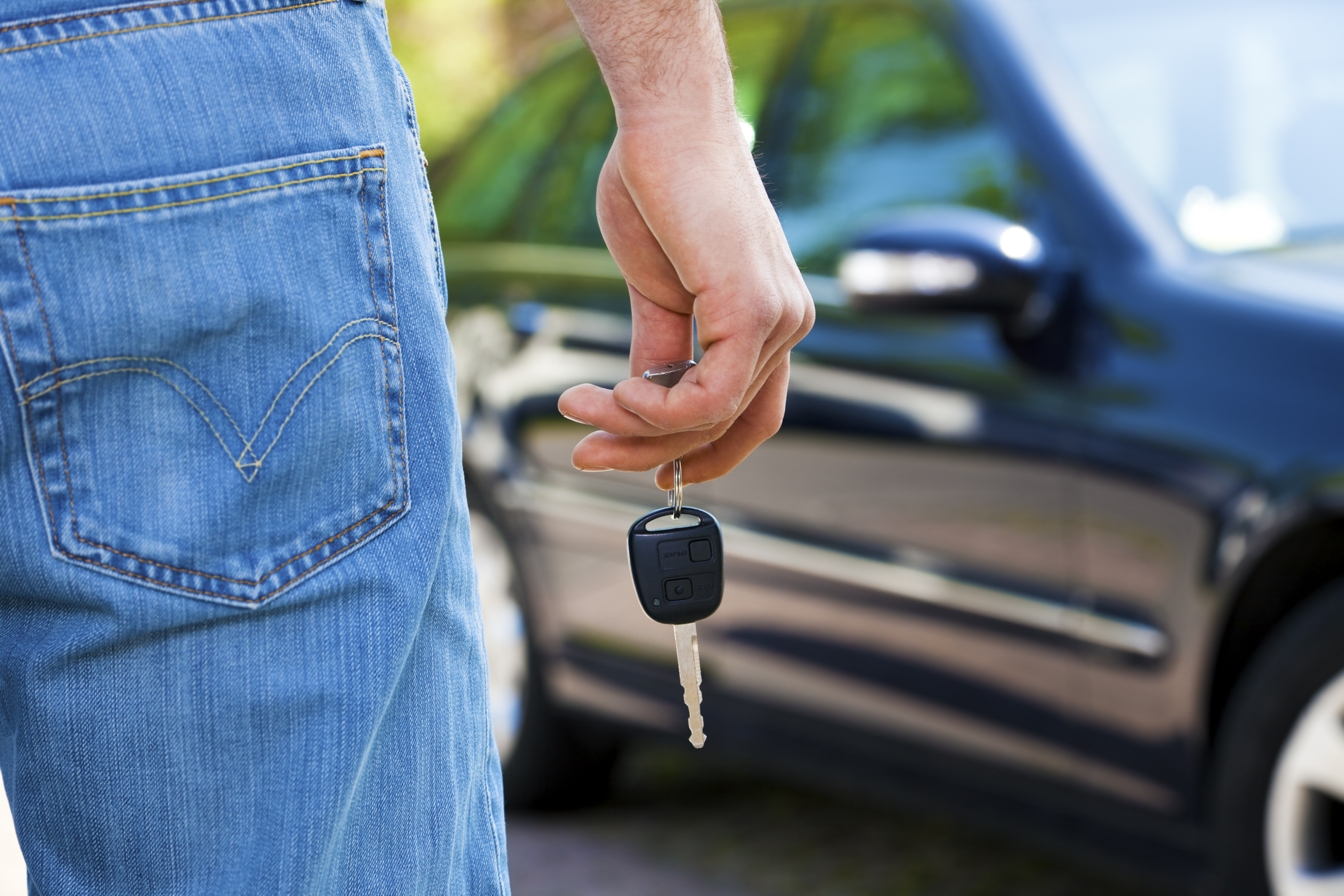
News
Let's all take personal responsibility for making our roads safer
In March and in every other month of the year, traffic and road safety officers of the Department of Transport and Public Works (DTPW) will be hard at work making our roads safer. However, road safety remains everyone’s responsibility. Whether we use the road as drivers, passengers, cyclists, motorcyclists or pedestrians, every one of us should take personal responsibility for our behaviour as road users. Let us all strive to #BeTheChange we want to see on Western Cape roads.
“Round-the-clock traffic law enforcement efforts and safety campaign activities will continue across the province. We appeal to all road users to be considerate and comply with the law,” said Kenny Africa, DTPW Chief Director: Traffic Management. “How we behave on the roads affect our own safety as well as the safety of every other person on the road,” he added.
Alcohol and roads do not mix. Even small amounts of alcohol can affect your judgement as a driver or a pedestrian. Take personal responsibility and do not drive or walk when you have been drinking. Rather make other arrangements to get home. The Department will continue its regular alcohol blitz roadblocks and Random Breath Testing (RBT) stops to combat driving under the influence. Motorists suspected of being over the legal limit will be tested on the spot in our mobile Evidentiary Breath Alcohol Testing units. The results can be used as evidence in criminal prosecutions. Motorists found to be over the legal limit will be arrested.
Take personal responsibility for your safety as a pedestrian. Hearing the sound of oncoming vehicles is imperative for your safety, so do not wear headphones or earphones when you cross a road. Wear bright, visible clothing, especially at night. Motorists can only avoid you if they can see you.
Never drive when you are tired. If you are on a long journey, plan to pull over and rest every 200km or every 2 hours. Fatigue driving is as dangerous as distracted driving. Do not allow yourself to be distracted when you are driving. No phone call or message is so important that it is worth risking your life, or the lives of others.
If you drive a public transport vehicle, be extra careful. You are responsible for the safety of your passengers. Always make sure that your vehicle is roadworthy and that your operating licence is in order. DTPW uses electronic systems to monitor public transport vehicles, drivers and trips. The details of operating licences are available to traffic officers in real-time. Tired drivers will be pulled off and made to rest before being allowed to resume their journeys.
Never speed. Stay within the speed limit, but adjust your speed for the prevailing road conditions. Speeding drivers risk the lives of the people in their vehicles, as well as the lives of other road users. High speeds make it impossible to react to emergencies in time.
It is up to you to make the difference. #BeTheChange you want to see on our roads. For more information see safelyhome.westerncape.gov.za and find us on Facebook and Twitter @WCGovSafelyHome.
Jandré Bakker
Head of Communication
Department of Transport and Public Works
Email: Jandre.Bakker@westerncape.gov.za


